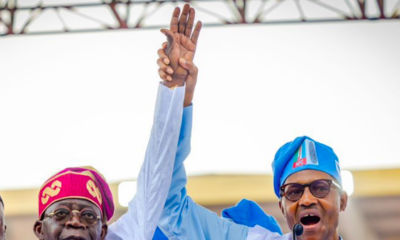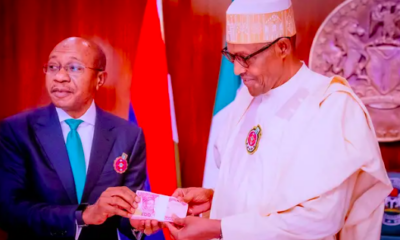Career
Innovative Technology: Here is how the Zabe App can improve Nigeria’s Election Process
By Oladipo Apejoye
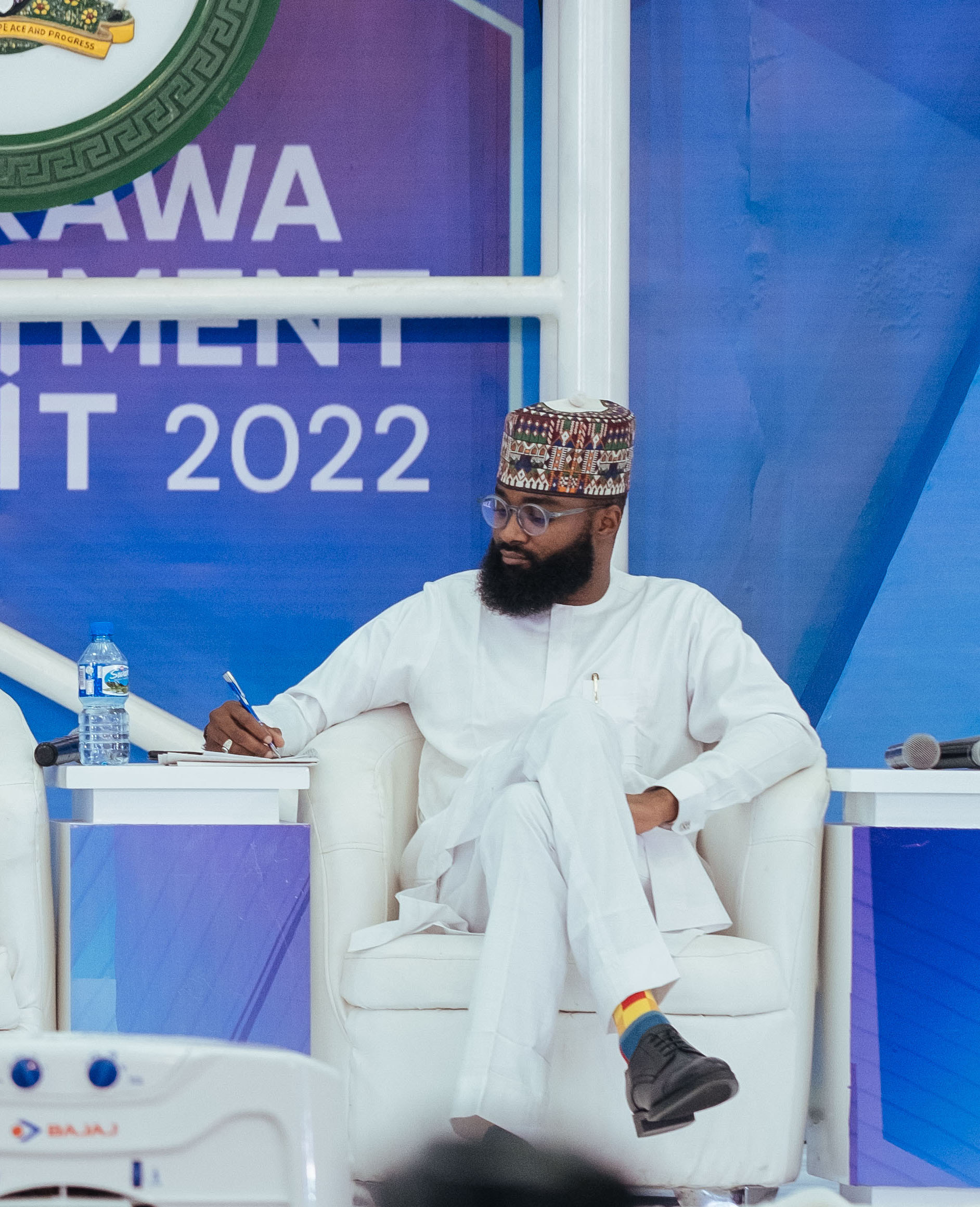
In Nigeria, “the youths are the leaders of tomorrow” is an agelong saying. Amidst scarce resources and little room for innovation, some youths are still braving the rugged scenery to ensure that the keys to the future are firmly planted in the hands of the youths. With giant strides being recorded in different sectors from business to agriculture, technology, music and even politics, Nigerian youths are gradually working to ensure that the statement “tomorrow belongs to the youths” comes to fruition.
Khalil Halilu has become one of the youths who chose to take the “bull by the horn” to ensure that the hope for tomorrow is not truncated.
A tech evangelist, technopreneur, civil rights advocate and serial entrepreneur, Khalil Halilu, is one of Nigeria’s leading tech experts and winner of the just concluded GITEX 2022, one of the biggest technology events in the world and he is leveraging technology to sanitise Nigeria’s electioneering processes.
In a few days, Nigerians will head to their respective polling units in their zones to exercise their constitutional right of electing their representative from the lowest to the highest political office in the land. On February 25th 2022, President Muhammadu Buhari assented to the amended electoral bill presented by the National Assembly.
The signing of the bill was not drama free as the president cited issues ranging from the cost of the election to insecurity and the proximity to the election date. The signing into law of the amended electoral bill comes at a crucial time as the gears of the political season for the upcoming general elections in 2023 go into full swing. A notable innovation of the amended electoral Act signed by the president on February 25th was the provision for electronic voting and the electronic transmission of results.
![]()
The act introduces technology to the electioneering process to deepen and strengthen democratic ideals. Banking on this, Khalil, true to his mission of applying technology to all processes and whose foresight into using technology to sanitise the electoral process, launched Zabe. ng in 2019.
As the chairman of the Centre for Civic, Citizen’s Welfare and Community Development (CCWD), he partnered with Civic Media Lab (a centre for innovation and journalism development with four focus areas — media, democracy, design, and technology) to launch Zabe.ng – an election monitoring app.
The App aims to democratise the election monitoring process through the collective efforts of volunteers from all over the country. The App uses factual and real-time information as input by certified volunteers to provide insights on elections and the collation of results.
According to him,
“the name Zabe is gotten from one of the Nigerian languages, and it means ‘to vote’. The app is also available on both android and IOS platforms”. Commenting on the App’s role in the Nigerian electioneering process, he added, “We aim to ensure that results declared at Polling Units are fairly represented at the last collation point and we need to check where the gaps are coming from and ask for accountability”.
Speaking on the achievement of Zabe, Khalil said, “the app monitoring of election results was pretty much successful as it recorded a little difference of about 3% from the official results put out by INEC as at that time of which 1.2% of this difference resulted from lack of volunteers at the regions causing the difference in result” in the 2019 elections.
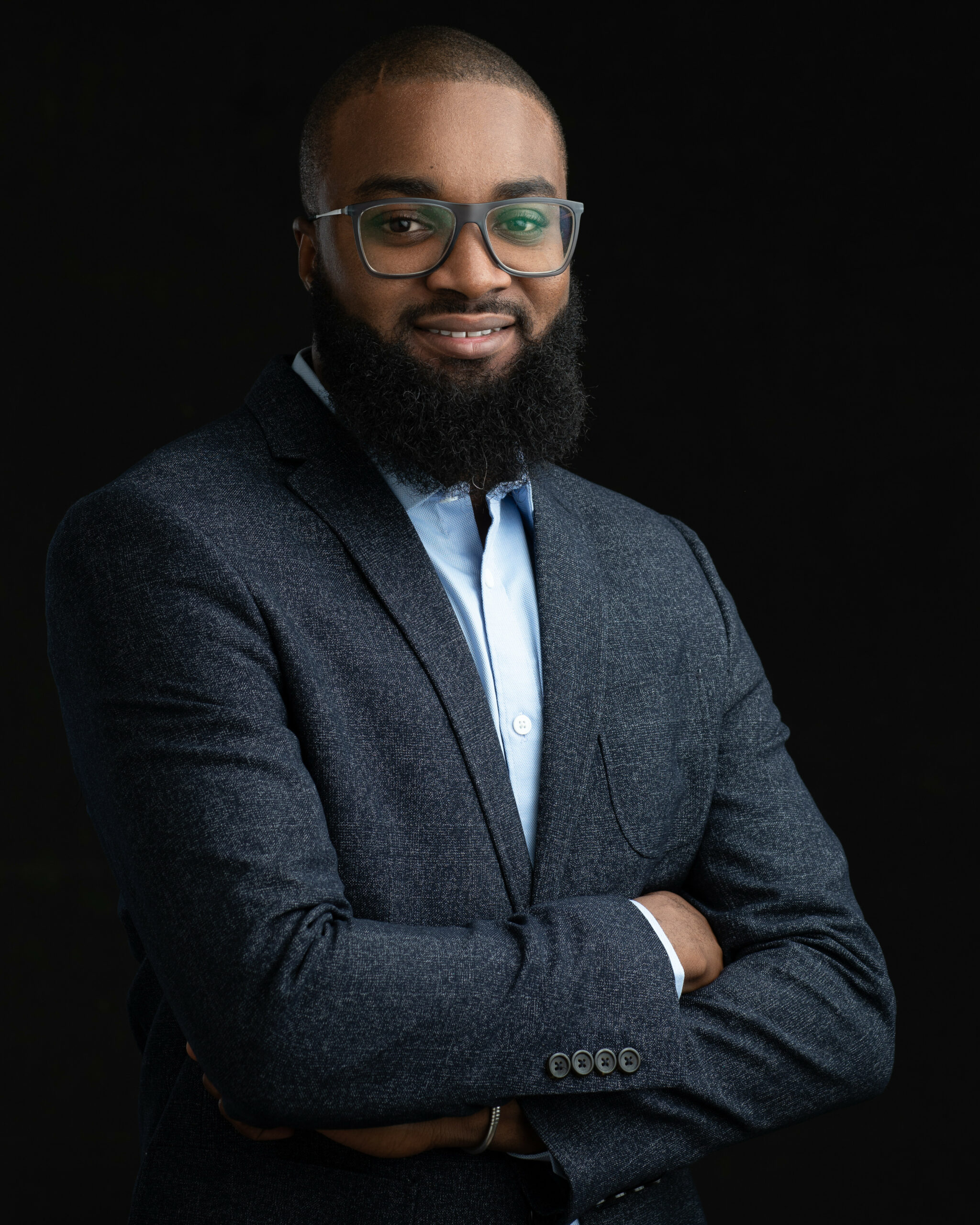
Known for his dexterity, Khalil has deployed several solutions while working with CSOs across the continent to solve challenges within the electoral process in at least 30 African countries. This would explain why Zabe was built for the Nigerian political system, and with the signing into law of the amended electoral Act, Khalil’s ingenuity is solidified. Not one to rest on his oars, Khalil’s team is currently working on more solutions to contribute to the success of the upcoming elections.
Away from his advocacy, his work with The CANs – an organisation committed to building a new Africa where young people are empowered to become leaders through innovations that will create a lasting impact on the African continent is worthy of emulation. His successes with this organisation have earned him accolades and partnerships from several international and national organisations like the World Bank, IBM, the Ministry of Finance, and Jaiz Bank, amongst others, to support youth development within the continent.
He has shown true abilities to build tailored solutions by leveraging technology and advocating and executing projects that promote capacity building, thereby creating a pool of talents capable of producing a ripple effect of positive change for development. Indeed, if the youth are the leaders of tomorrow, with more persons like Khalil engaging in systems and building solid institutions, the future would be secure.
To learn more about his work and how he works, Click HERE to reach out via email.
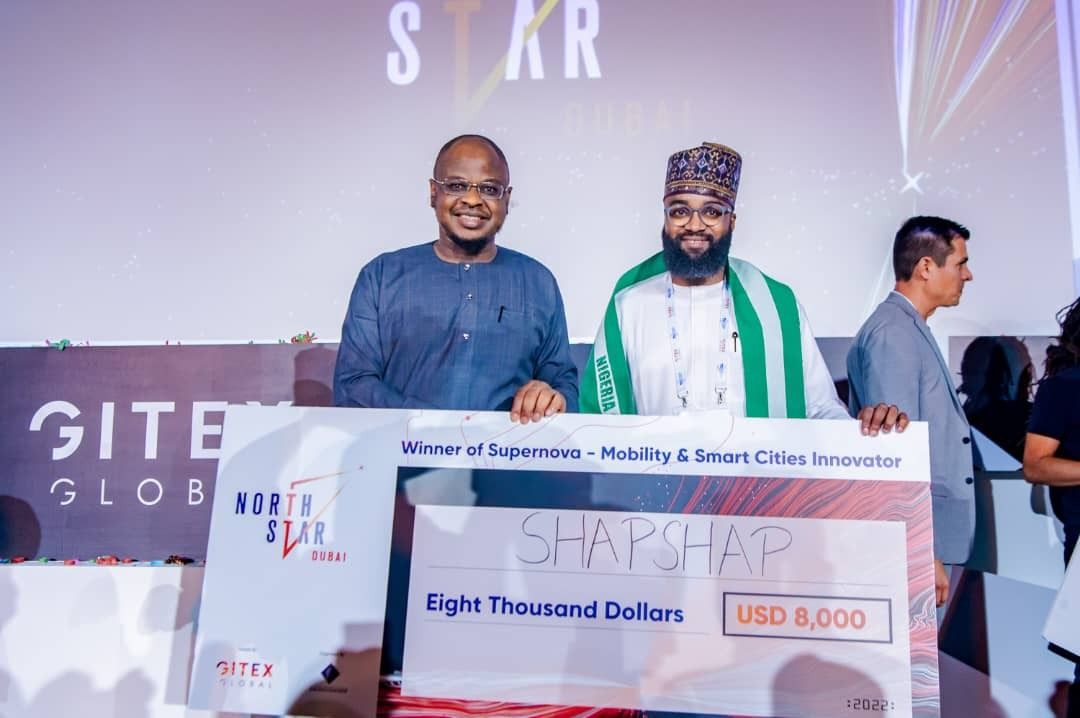
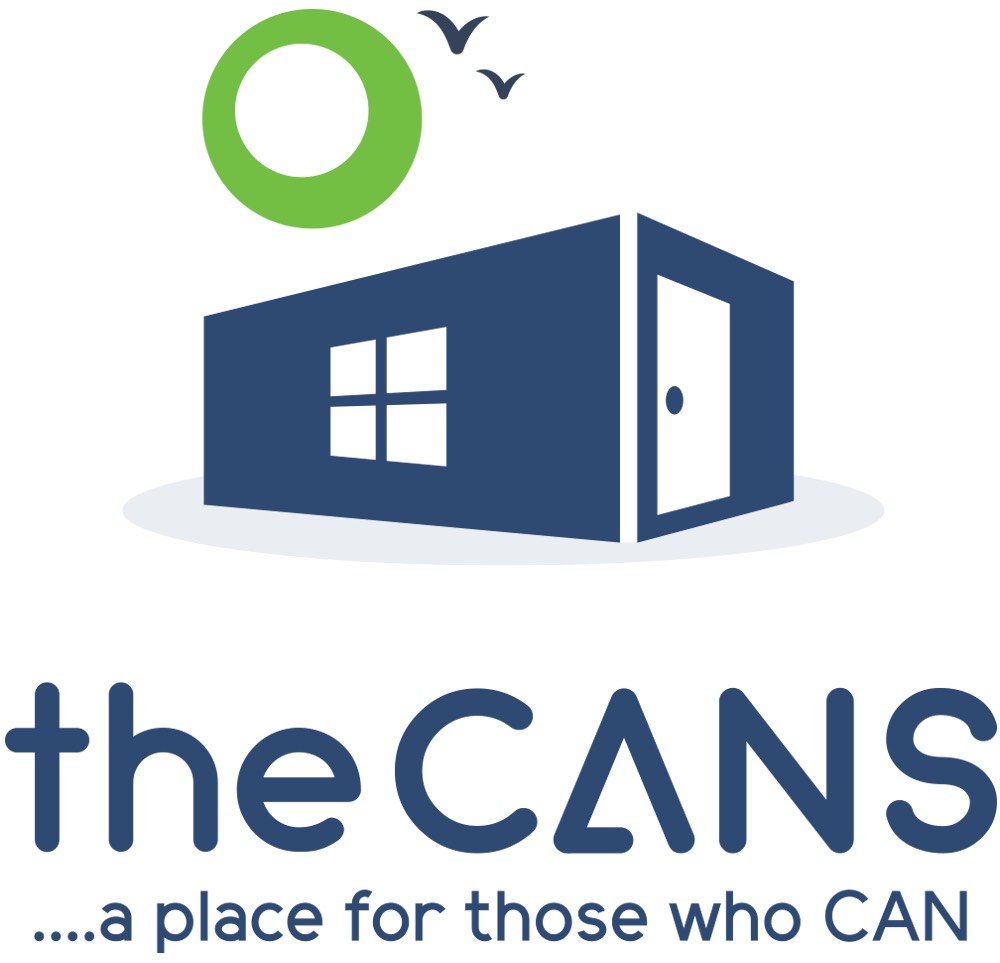

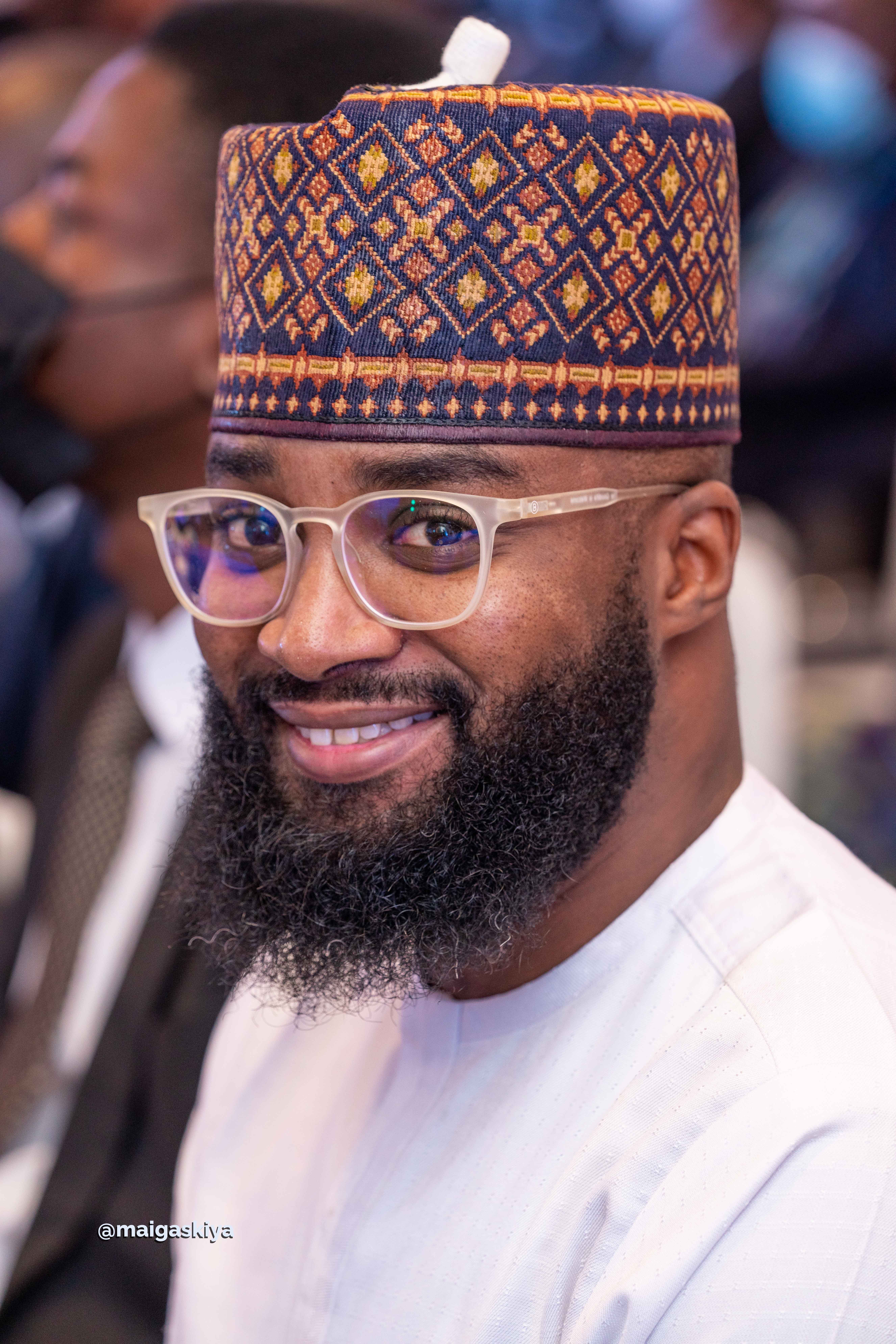
Sponsored Content




